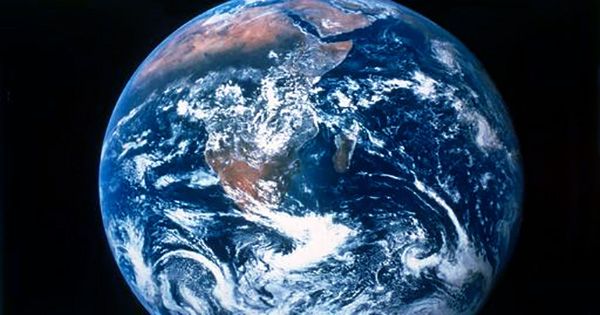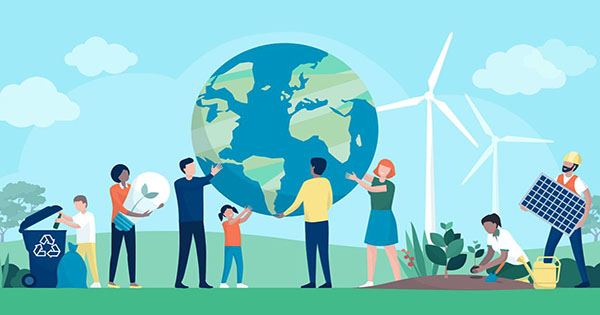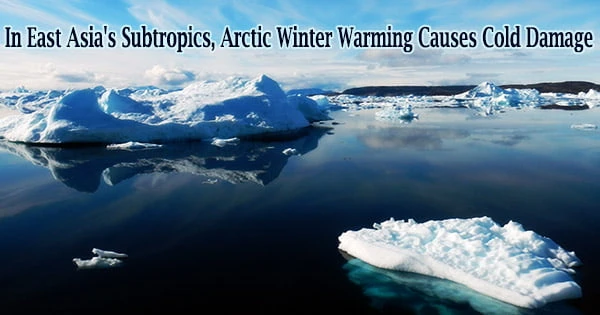Today, July 29th, Earth Overshoot Day, is an annual reminder that marks the date of demand for our environmental resources, which our planet may regenerate in one year. For decades humanity has been indebted to nature, a debt that we must finally repay. Recovered KVID patients’ intelligence may be significantly reduced, a large study suggests – IFLScience. This year’s count shows a 6.6 percent increase in the global ecological footprint compared to 2020, a year where Earth Overshoot Day is one month ahead of August 22 due to declining emissions from the epidemic lockdown.
Unfortunately, the short recovery made little difference in the long run as mankind broke another record for the highest levels of carbon dioxide detected in the atmosphere earlier this year. Earth Overshoot Day is calculated by the Global Footprint Network. It is a balance of supply and demand. On the one hand, a country has biocapacity (or a state or a city) e.g. how much forest, pasture, land, cropland, fishing, etc. On the other hand, there is population demand for food, materials, and shelter, and carbon emissions.

From today until the end of the year we are working on the “environmental deficit”. We are basically using 74 percent more resources than regenerating the earth’s ecosystem. Today marks the 100th day of the United Nations Climate Change Conference (COP26) in Glasgow. COP26 has been seen by many as a make-or-break threshold for serious climate action. The worst consequences of the climate crisis can be avoided unless politicians take bold steps at this conference.
But today is the best day to make those changes, as many climate workers and scientists say. Global Footprint Network CEO Laurel Hanscom said in a statement, “There is no point in waiting for the action to take place regardless of what happens in the COP.”
“The epidemic has proven that societies can change rapidly in the face of disaster. But being caught unprepared is a huge economic and human cost. When it comes to our predicting future about climate change and resource constraints, individuals, organizations, and governments who prepare themselves will do better. The global sensibility is not a prerequisite for recognizing one’s own risky exposure, so let’s take decisive action now wherever we are.” It is important to emphasize that today, on the occasion of World Earth Overshoot Day, not every nation is equally concerned about the use of the world’s resources. The United States and Canada had their tipping point day on March 14 this year.
















